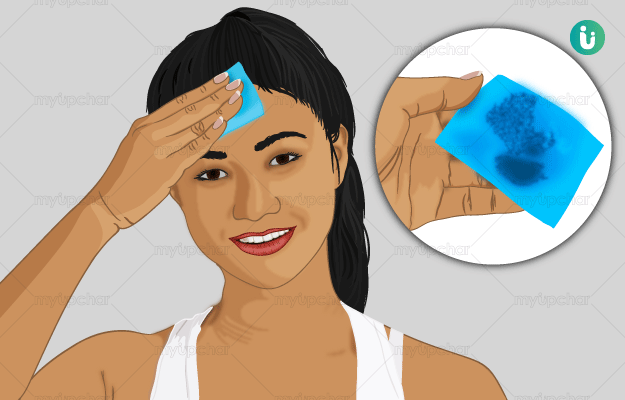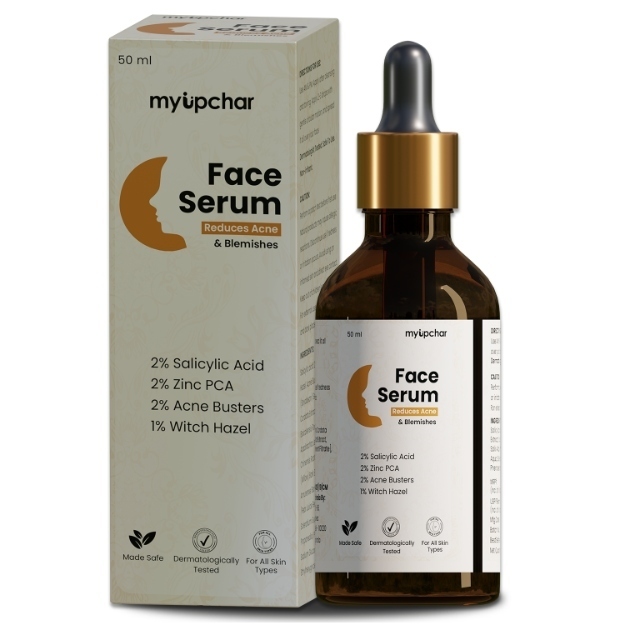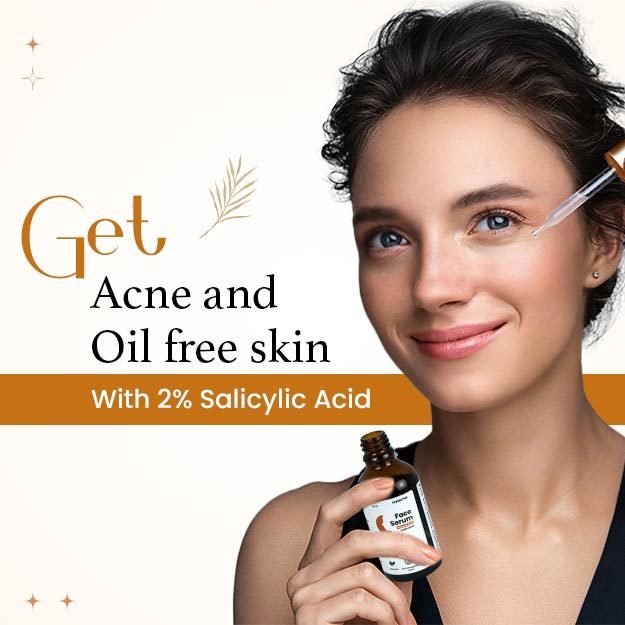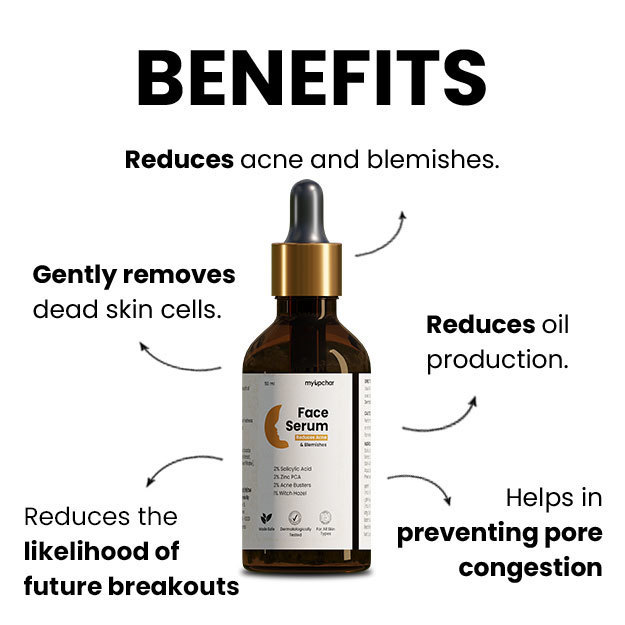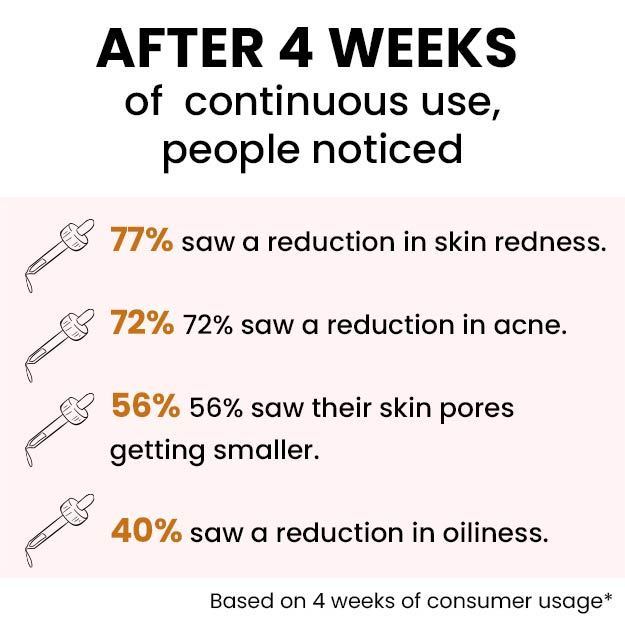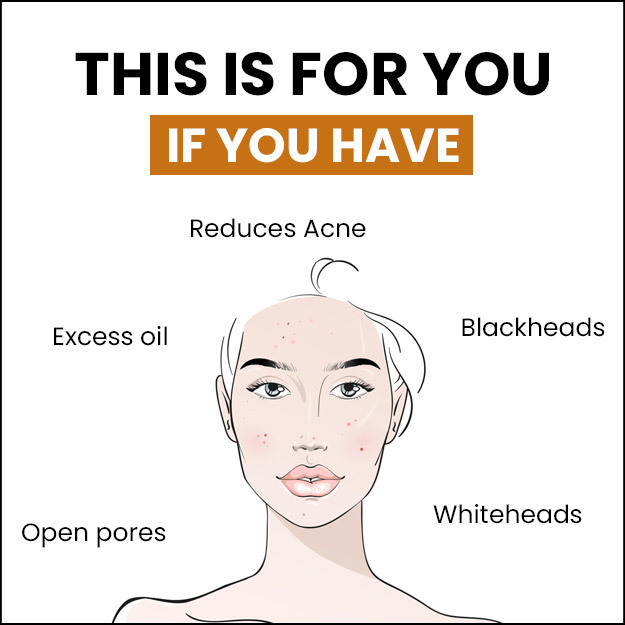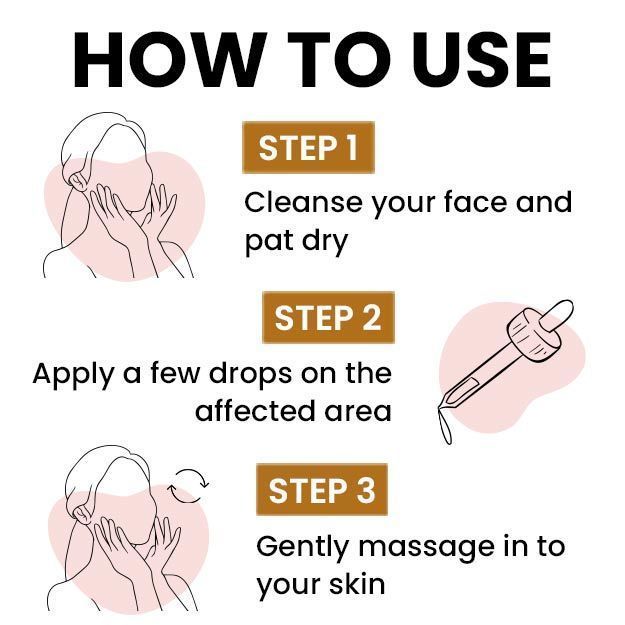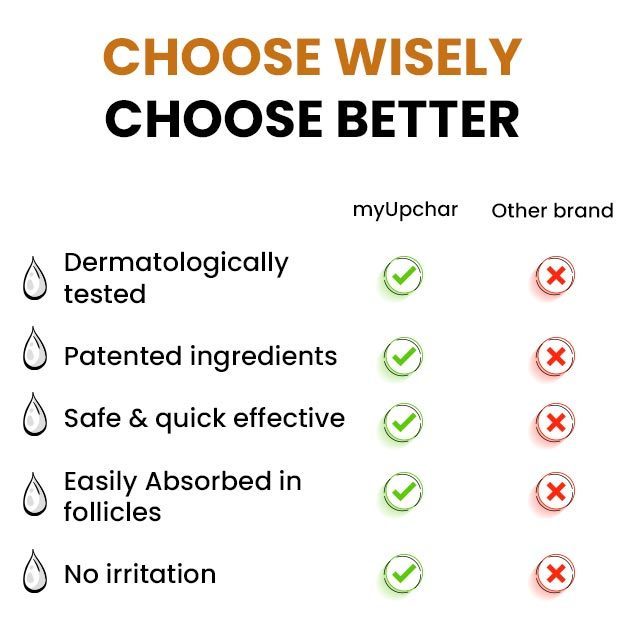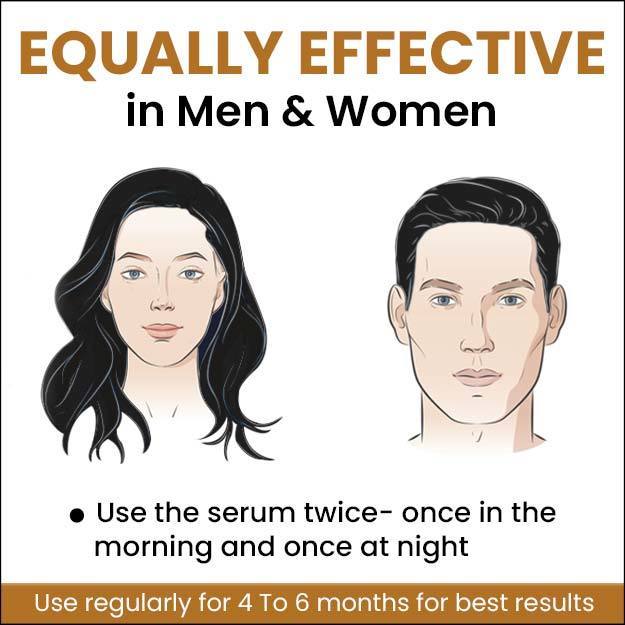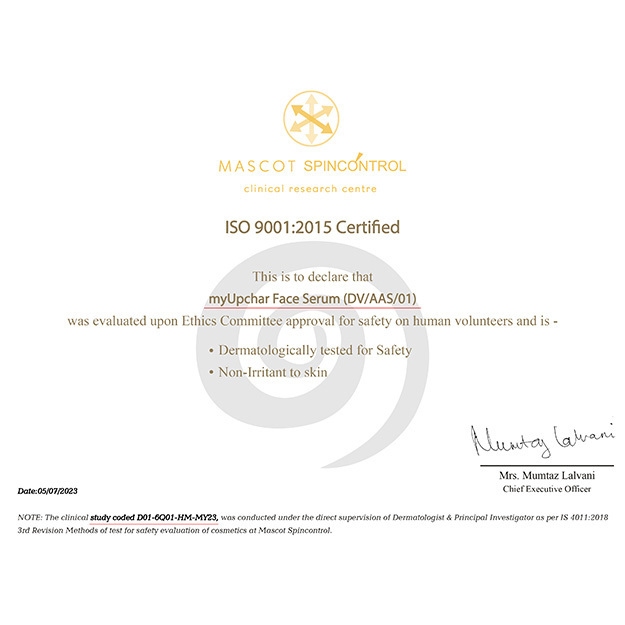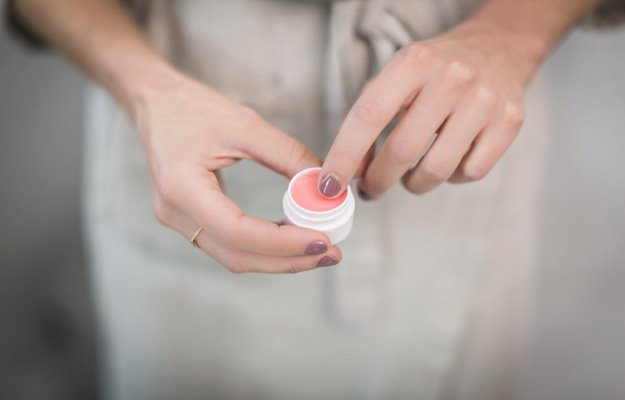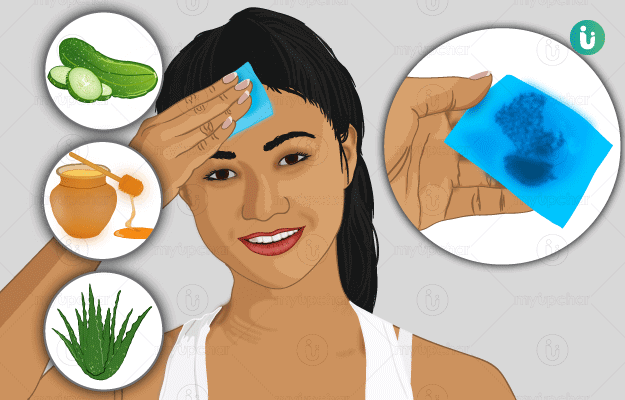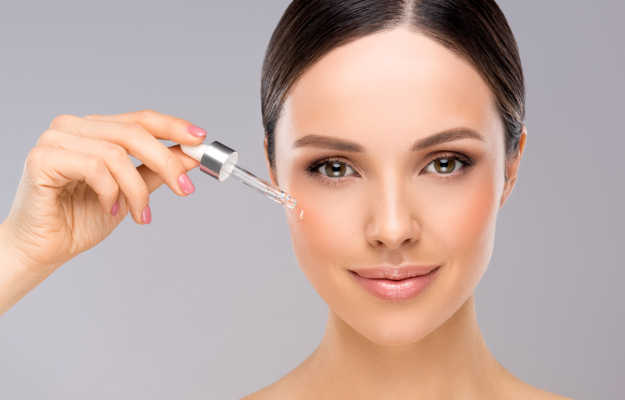Our skin, like all mammals, is covered with small oil-producing glands called sebaceous glands. These sebaceous glands produce a fatty substance called sebum (a complex mix of lipids) which is extremely important as it helps keep the skin lubricated as well as protected. When the sebum produced is more than the required amount, it leads to oily skin, also known as seborrhea.
Causes of oily skin
The cause of excess sebum production can be many.
- Genetics: Having larger sebaceous glands is something that can be determined by your genes. This trait can be passed on to you by your parents and there isn’t much that can be done to change this - but there are ways to manage the oily skin caused by it.
- Environment: We’ve all noticed how our skin tends to get dry in the winters and needs much more moisturisation, compared with summertime. This is because hot and humid climates can promote the secretion of sebum by the sebaceous glands. This leads to the skin feeling more oily, especially around the face and scalp as these areas have an abundance of sebaceous glands.
- Excessive use of cosmetics: There is an excess of cosmetic products available in the market today. It’s not surprising to feel confused because of so many options. Products today are aimed to serve your type of skin in the best way possible - but there are still some items that aren’t made from the best ingredients and don’t deliver the results they claim. This makes manoeuvring the beauty market extremely difficult but all the more vital. The right products can do just as much good as the harm bad products can. If you use products that aren’t suitable for your skin type, it could lead to damage, which will, in turn, increase the production of sebum.
Read more: How to determine your skin type
- Hormonal imbalance: Androgens are sometimes referred to as male hormones as they play a part in the development of the more “masculine” characteristics. But they’re present in both females and males. One of their main functions is to maintain sexual function in the body.
The increase in androgens directly affects the production of sebum in the body. Men tend to have a higher sebum production as they have a higher level of testosterone. During ovulation, sebum production in women increases due to an increase in progesterone levels.
Any fluctuation or imbalance in hormone levels can cause a change in the texture of your skin.
Read more: Hormonal imbalance: symptoms, causes, diagnosis, treatment, prevention
- Pregnancy: Being pregnant comes with many changes - a small one among them is the increase in the level of androgens in the body. As androgens affect the sebum production, this can result in oily skin, especially during the first and second trimester. This can also lead to acne as the excess sebum can clog the pores present on your skin and cause build-up.
- Medications: Any medication that causes a change in the hormone levels of your body could lead to oily skin as well as acne. Some examples of such medications are oral contraceptives, hormone replacement medication as well as some types of steroids. It is often the lesser of two evils, though - as the medication has been prescribed for a certain reason and might be more important in the bigger picture. Also, in some cases, hormone levels can balance out after a while, once the body adjusts to the medications.
- Poor diet: A naturally present hormone in the body called IGF-1 (insulin-like growth factor 1) can cause an increase in the sebum production of the body. Certain foods like dairy products and foods that have a high glycaemic index (GI) can cause an increase in the levels of IGF-1 in the body. GI of a food is determined by how quickly and by how much it increases your blood sugar levels. Foods like rice, bread, potatoes and muskmelons have a high GI. Dehydration can also cause the sebaceous glands to work overtime, leading to oily skin.
- Puberty: The sebaceous glands do not produce the same amount of sebum throughout our lives. Sebum starts getting produced at birth and is almost equal to that of an adult. After the first six months, it starts to reduce. Then it peaks during puberty. Sebum production can go as high as five times during puberty. As established, hormone levels can affect sebum production and the body is full of hormones during puberty.
Treatment of oily skin
Left untreated, oily skin can lead to acne. Here are a few ways to treat oily skin:
- Change your skincare regime: Clearly, something isn’t quite right with your current skincare routine. If you don’t have a routine, make sure you define one that includes a cleanser, toner and moisturiser suitable for your skin type. Buy trusted and recommended brands to ensure your skin doesn’t react badly to the items. A patch test could confirm their suitability: try a small quantity of the products on your forearm and return in a day or two to purchase, or buy a smaller quantity to try it at home, note the results and then invest in it.
Some home remedies can also help to deal with oily skin. You can experiment with ingredients like aloe vera, honey, rose water, the juice of a lemon and fuller’s earth (multani mitti), depending on your skin type.
- Question your makeup choices: Makeup is an added layer on to your skin. The ingredients used in makeup can often cause harm to your skin. Be very picky about what you chose to apply to your skin.
Give your skin a few makeup-free days in the week, if possible - your skin will get to breathe and your pores will catch a much-needed break. If going makeup-free isn’t possible, consider minimising the risk by reducing the number of products as well as the period of time for which you keep it on. Make sure to clean your makeup tools and brushes regularly and thoroughly.
- Drink more water and remove trigger foods: Drinking an adequate amount of water can work wonders for your skin. If your acne is caused by dehydration, make a conscious effort to increase your water intake. If you notice that indulging in certain foods causes a change in your skin (a food diary can help you track this), remove those foods from your diet plan.
- Consult a dermatologist: A professional will always be able to guide you better when it comes to your skin. The recommendation can be anything from topical treatments like retinoids to medications like oral contraceptives and therapies that involve lasers.

